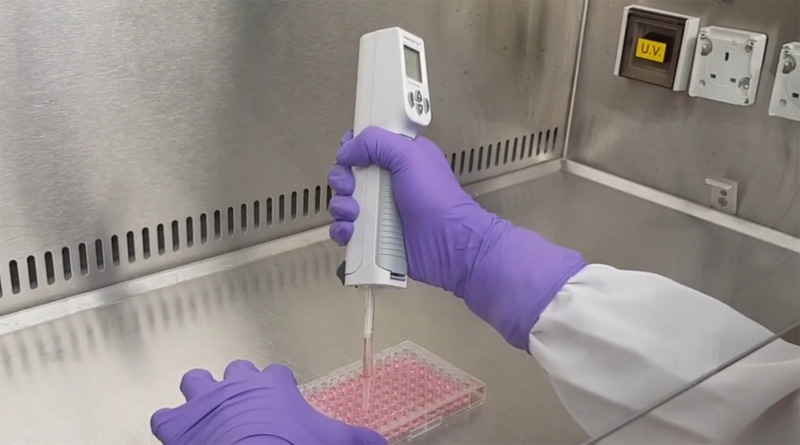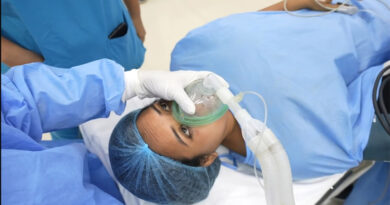Medical Assay Kit
| What is Assay Kit? | Uses of Assay Kit |
What is Assay Kit?
An assay kit is a set of chemicals and supplies used to carry out a particular analytical operation known as an assay. Assays are laboratory procedures created to identify, measure, or evaluate the presence or function of a certain chemical or biological component in a sample. Molecular biology, immunology, biochemistry, and clinical diagnostics are just a few of the scientific disciplines that frequently use assay kits.
Assay kits frequently include standardized protocols and pre-measured chemicals, which streamline the experimental procedure and provide repeatable and accurate findings. Depending on the specific test being conducted, they may contain elements such as enzymes, antibodies, substrates, buffers, and calibration standards.
These kits are made to focus on certain analyses of interest, like proteins, nucleic acids, hormones, metabolites, or biological indicators. In biological samples like blood, urine, tissues, or cell cultures, allow researchers and medical practitioners to precisely measure and quantify the presence or concentration of these target compounds.
Applications for assay kits can be as varied as basic laboratory research to clinical disease diagnosis and monitoring. They offer a simple, standardized method for carrying out reliable tests while saving time and effort in the planning and design of experiments.
Uses of Assay Kit:
Assay kits are frequently used for diagnostic, investigative, and analytical reasons in a variety of medical and scientific domains. These kits are made to find and count particular chemicals or molecules in biological samples. Here are a few typical purposes for assay kits:
- Diagnostic Testing: Assay kits are essential for making a variety of medical diagnoses. In order to diagnose infectious infections, autoimmune conditions, and hormonal abnormalities, enzyme-linked immunosorbent assay (ELISA) kits, for instance, are frequently used to look for the presence of particular antibodies or antigens.
- Assay kits are crucial tools in the process of discovering new drugs and developing existing ones. By analyzing their impacts on certain targets or metabolic pathways, they aid researchers in the identification and evaluation of novel drug candidates. With the use of these kits, substances can be tested for their medicinal potential and their efficacy, and toxicity.
- Assay kits make it easier to measure biomarkers, which are particular molecules or indications that represent healthy or unhealthy biological processes. Researchers can monitor treatment effectiveness, gauge disease development, and assess patient prognosis by measuring biomarkers. This is very helpful for managing and researching cancer.
- Environmental Monitoring: To evaluate the presence and concentration of pollutants, toxins, or contaminants in air, water, or soil samples, assay kits are used in environmental monitoring. With the use of these kits, experts can keep an eye on environmental risks and guarantee that safety standards are being followed.
- Scientific & Experimental Studies: Molecular biology, genetics, and cell biology are just a few of the scientific fields that heavily rely on assay kits. They enable researchers to examine particular biological processes, define cellular constituents, examine gene expression, quantify enzyme activity, and carry out other crucial tests.
- Industry of Food and Beverages: Assay kits are used in the industry of food and beverages for quality assurance and safety evaluation. They assist in determining whether allergies, pollutants, or pathogens are present in food samples, assuring consumer safety and regulatory compliance.
It is important to remember that while assay kits are useful tools, their precise applications and restrictions depend on the design of the kit and the target analyze. For the most accurate interpretation of results and clinical decision-making, always refer to the manufacturer’s instructions and seek the advice of trained experts.



